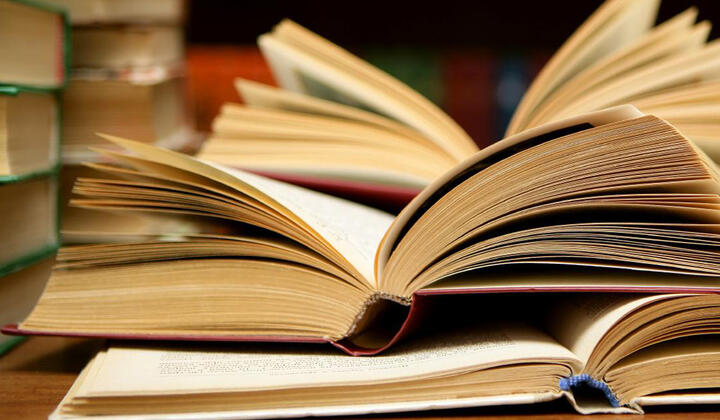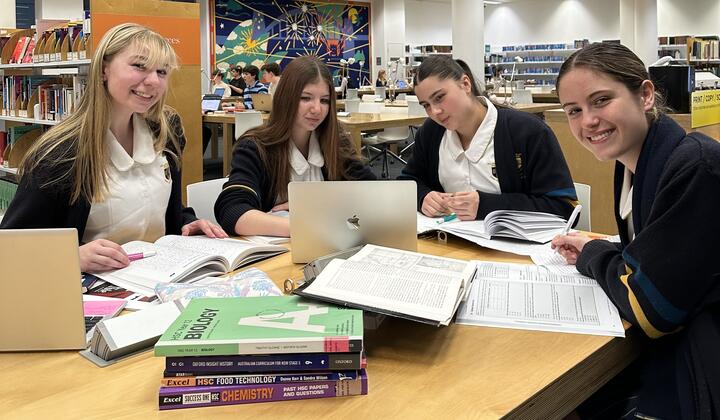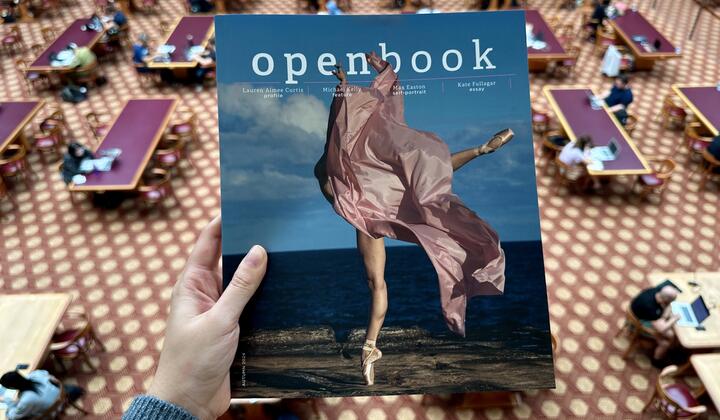Series 50: 'Correspondence’ being mainly letters received by Banks from William Bligh, with other papers, concerning the breadfruit voyage of HM Ships Providence and Assistant 1791-1795. Includes newscuttings, 1791, 1793.
Provenance note
Most of these documents, previously located at ML A78-4, were purchased in 1884 from Lord Brabourne by Sir Saul Samuel, the Agent-General for New South Wales. They were transferred to the Mitchell Library in 1910 and were part of the accession which became known as the Brabourne collection.
Some of these documents were used by the compilers of Historical records of New South Wales, vol 1, part 2 (1892), and include annotations made by the compilers.
Documents 2, 3, 36 and 37 in this series were previously located at ML C218. These items were bequeathed to the State Library of New South Wales by David Scott Mitchell in July 1907 and formed part of the Mitchell Library collection. They include small folio numbers written in ink in the top right hand corner, possibly in the hand of Banks, and larger folio numbers written in ink by a previous owner.
It is now not possible to reconstruct Banks' original arrangement, the series has therefore been arranged chronologically.
Background note
The second breadfruit expedition's HMS Providence, in the company of the tender HMS Assistant, sailed from Spithead in August 1791. William Bligh, plagued by ill health for the duration of the voyage, had command of the expedition. The Assistant was under the command of Nathaniel Portlock.
The ships sailed via the Cape of Good Hope to Tahiti where they arrived on 9 April 1792. During the three month stay at Tahiti the gardeners, James Wiles and Christopher Smith, were occupied collecting breadfruit and other plants for transport to the island of St Helena and to the West Indies. After leaving Tahiti on 19 July 1792, Bligh's ships called at Matavai Bay where they took on board survivors of the whaler Matilda which had been wrecked on a reef in February 1792.
The ships passed through the straits between Australia and New Guinea and proceeded to St Helena in the South Atlantic arriving in December 1792. They remained for ten days depositing plants and collecting others. In January 1793 approximately 500 plants were deposited for the botanical gardens at St Vincent in the West Indies where Bligh was received as a dignitary and presented with 100 guineas' worth of plate by the government of the island. Further deposits were made at Jamaica during February and March. In Jamaica Bligh received 1000 guineas and Portlock 500 guineas from the government for their services. Their departure from Jamaica was delayed until 15 June 1793 by news of the outbreak of war between France and England. Bligh's ships were seconded to provide extra support for the poorly defended Port Royal.
On 7 August 1793, the expedition arrived in England having successfully transported breadfruit and other plants from the East to the West Indies and, in addition, brought plants from these areas for Kew Gardens.
During the voyage Bligh remained anxious to receive news of HMS Pandora, under the command of Edward Edwards, sent from England to return with the Bounty mutineers. He also showed a keen interest in the colony at Port Jackson following an encounter with John Hunter at the Cape of Good Hope.
By the time of his return to England Bligh had fallen out of favour with the Admiralty and in public opinion following the trial of the captured mutineers. He felt keenly Lord Chatham's delay in receiving him on his return. Neither Bligh nor his crew received the expected promotions.



